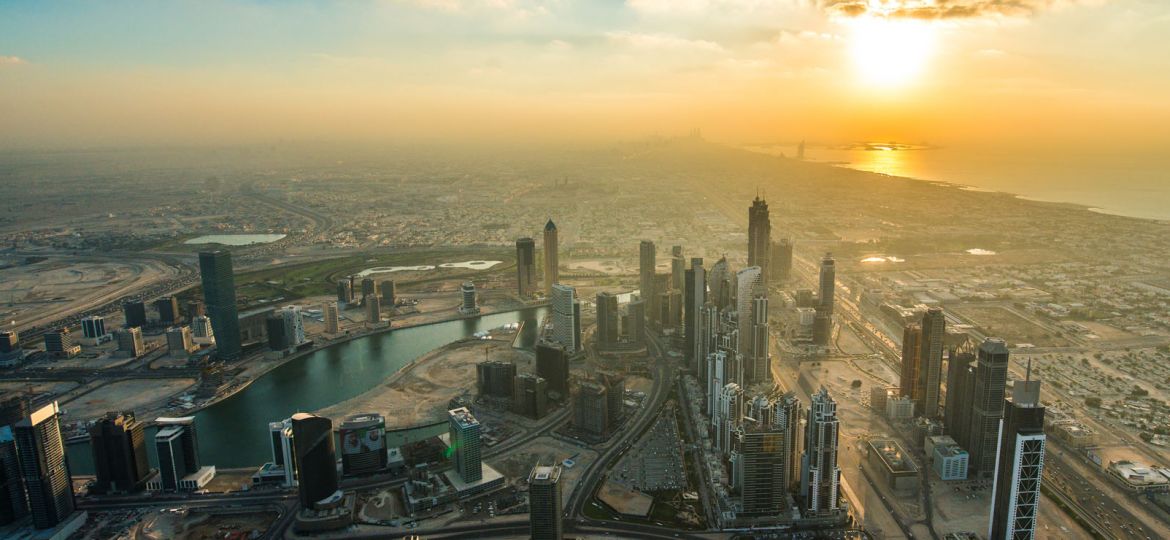
Dubai wants to become less dependent on oil and the emirate is rapidly becoming one of the most progressive nations in the world
Earlier this week, at an event hosted by the Dubai Future Foundation and the Smart Dubai Office, the Crown Prince of Dubai announced the emirates plan to put all of the governments documents onto a blockchain by 2020 with the long term objective of then opening up the blockchain platform to other cities around the world.
Sheikh Hamdan bin Mohammed bin Rashid Al Maktoum explained that the effort is part of a larger bid by the emirate, one of seven in the larger UAE, to set the “standard” for smart cities and it’s being built on top of “three pillars” – Government Efficiency, Industry Creation and International Leadership.
“The emirate is building on that achievement by constantly working to foresee the future and keep up with the fourth industrial revolution and all the prospects of increased efficiency that come along with it,” he said.
The Dubai government has estimated that the blockchain strategy it’s developed has the potential to return over 25 million hours of economic productivity each year in savings as well as reduce the governments impact on the environment.
Meanwhile the initiative is being seen as Dubai’s year long push to become a global leader in blockchain technology and comes hot on the heels of their announcement to launch their Global Blockchain Initiative (GBI) earlier this year which saw thirty public and private members, including the Dubai Future Foundation and Smart Dubai Office, enter into partnerships that explore how the technology can be used and adopted more widely – both within the emirate and around the world.
Initially , while the project will see all of the governments documents moved to the blockchain over time the organisers hope that it will become the foundational digital layer for smarter city transactions, then, further down the line it’s envisaged that this new layer will help to create new business opportunities for the private sector. Industries Dubai, for example, expect the project to benefit Dubai’s real estate, banking, healthcare, transportation, urban planning, smart energy, digital commerce, and tourism sectors – or to put it another way – every sector.
Perhaps the most interesting aspect of the news though – as though the above wasn’t already enough – is the government’s plan to open its platform to to other cities and nations. Dubai Future Foundation and Smart Dubai said they believe the international network could make it easier for travellers to cross borders with certain pre-approved forms of identification and pre-authenticated digital wallets and payments and, again, it would be easy to see how this blockchain initiative could benefit Dubai’s recently announced 360 degree border strategy where every person entering, or leaving the emirate passes through a single, unified border control system.
“Users will only need to log in their personal data or business credentials once; it will then be updated and verified in a timely manner through the blockchain network in all government and private entities including banks [and] insurance companies,” said Mohammed Abdullah Al Gergawi, Minister of Cabinet Affairs and the Future in a statement.
















